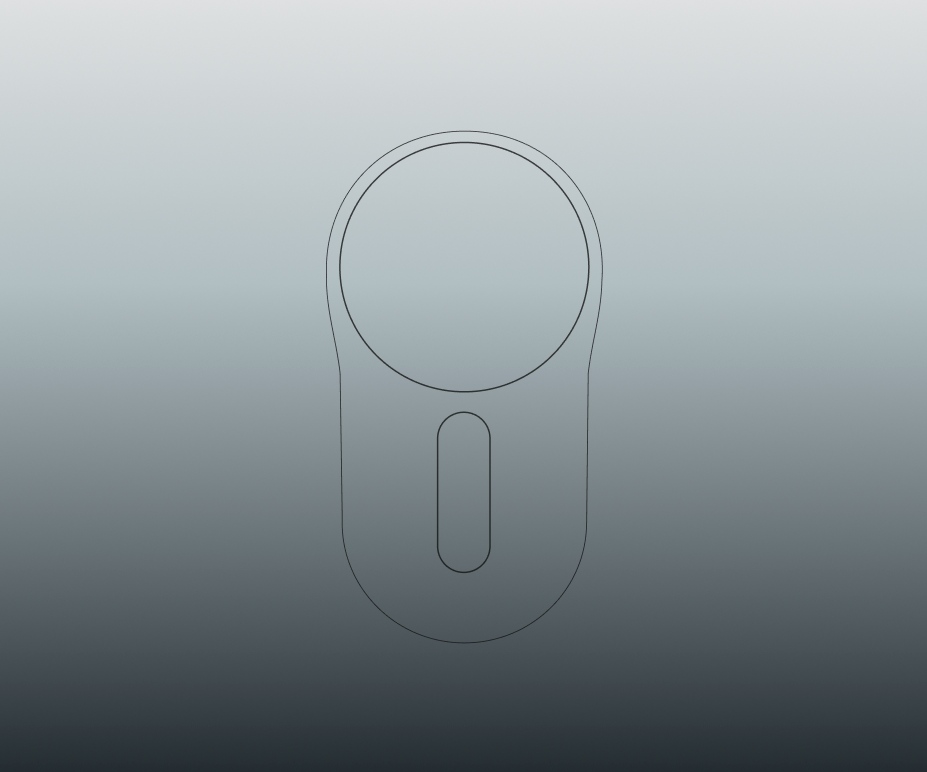How Multifamily Property Software is Evolving
The landscape of multifamily property software is advancing quickly. As portfolios expand and resident expectations evolve, operators are demanding more connected, intelligent, and automated systems. These platforms now serve as the operational backbone for property management companies, combining leasing, maintenance, rent collection, accounting, and resident communication in one environment.
From cloud-based property management systems to open API marketplaces, today’s software tools are reshaping how owners and operators run their portfolios. The goal is no longer just digitization. It is about unifying people, properties, and processes under a single source of truth, creating visibility across every building, transaction, and interaction.
In 2026, success in multifamily operations depends on selecting a software partner that can scale, integrate, and evolve alongside the business.
What Is Multifamily Property Software?
Multifamily property software refers to digital platforms that help property owners, operators, and REITs manage leasing, accounting, maintenance, and resident communications across multiple buildings and markets. These systems centralize daily operations, tenant relations, property upkeep, and financial oversight.
Typical features include:
- Lease administration and e-signing for streamlined onboarding
- Rent collection and online resident portals for payments and communication
- Prospective resident lead management and marketing automation
- Amenity and facility management tools to optimize utilization
- Maintenance tracking and work-order management for speed and accountability
- Accounting and reporting modules for unified portfolio control
- AI leasing assistants and chatbots that respond instantly to inquiries
- Open API integrations that connect smart home, access control, and energy management systems
Most leading platforms are now cloud-based, offering real-time updates and mobile access¹⁻⁵. This shift enables operators to manage large, geographically diverse portfolios with fewer manual tasks, improved accuracy, and enhanced transparency.
How Operators Evaluate and Compare Property Management Software
Choosing the right software involves more than a feature checklist. Leading operators now evaluate platforms based on strategic alignment, scalability, and openness. Key evaluation criteria include:
- Core Fit and Functional Coverage
Platforms must cover the essentials: leasing, accounting, maintenance, resident portals, and marketing tools, all in one place. - Integration and Openness
The best systems offer open APIs and partner marketplaces for smooth data exchange with third-party tools such as smart home technologies, access control, or energy analytics. - Automation and AI Roadmap
Operators look for practical automation: AI assistants, workflow templates, and transparent product roadmaps that show continued innovation. - Scalability Across Property Types
Support for conventional, affordable, student, senior, and mixed-use properties ensures long-term flexibility. - User Experience and Adoption
Platforms with intuitive dashboards and mobile-first design save staff time and improve both resident and employee experience. - Security and Compliance
Vendor certifications such as SOC 1/2 or ISO 27001, plus audit trails and data controls, are increasingly weighted in RFP evaluations. - Contract Transparency and Vendor Stability
Clear pricing, contract flexibility, and customer references matter as much as features. Operators want stable, well-supported ecosystems.
These evaluation factors are commonly referenced by NAA, NMHC, and PropTech consulting frameworks⁶⁻⁷.
Why Operators Use Property Management Software for Multifamily Buildings
Modern property management platforms deliver measurable impact across three dimensions: efficiency, accuracy, and experience.
- Efficiency: Automated rent collection, maintenance workflows, and renewal processes reduce manual steps and administrative overhead.
- Accuracy and Visibility: Unified accounting, financial reporting, and portfolio-level dashboards create real-time transparency for asset and regional managers.
- Resident Experience and Retention: Portals, mobile apps, and responsive service tools drive satisfaction and renewal rates.
These benefits translate directly into stronger NOI, lower operating costs, and higher retention, which are consistently cited in NMHC benchmarking studies⁶.
Top Multifamily Property Software Platforms in 2026
Each platform approaches the multifamily challenge differently. Here’s how the top players stand out based on publicly available product information¹⁻⁵.

Yardi
Yardi offers deep financial reporting, compliance tracking, and operational scalability. Its Voyager and Breeze platforms combine accounting, maintenance, and resident engagement through RentCafe. The Chat IQ assistant uses AI to respond to common leasing and maintenance inquiries, improving service speed and staff efficiency¹.

RealPage
RealPage stands out for analytics and data intelligence. Operators use OneSite and AI Revenue Management to analyze leasing and pricing performance across portfolios. The company’s commitment to transparency follows active discussions with regulators and industry groups².

Entrata
Entrata positions itself as a unified platform with a growing automation suite. Its Leasing AI (ELI+) helps leasing teams by automating lead responses and scheduling. Entrata’s open API enables seamless integration with tools such as DOOR for access and IoT device management³.

AppFolio
AppFolio focuses on usability and automation. Its Realm-X AI Copilot, launched in 2024, helps leasing staff manage renewals, communications, and maintenance updates. The AppFolio Stack™ marketplace allows operators to connect third-party solutions with minimal setup⁴.

MRI Software
MRI Software is known for its open and connected ecosystem. The MIX API and modular design allow operators to build customized workflows across property types. Its support for student, senior, and mixed-use housing is well documented in product literature⁵.
Emerging Trends in Multifamily Property Management Software
The next generation of multifamily property software is defined by automation, openness, and transparency⁶⁻⁷.
AI in Daily Operations
Artificial intelligence is now integrated into nearly every major platform. From Yardi’s Chat IQ to AppFolio’s Realm-X and Entrata’s Leasing AI, these assistants automate communication, schedule showings, and assist with renewals. Each reduces staff workload and improves response speed.
Automation-First Workflows
Operators are adopting automation for routine tasks such as leasing, collections, and maintenance. Workflow templates standardize service levels and ensure consistent execution across portfolios.
Open Platforms and API Marketplaces
Property management systems are becoming hubs that connect multiple technologies. Open APIs and partner marketplaces allow operators to integrate smart home technologies, energy management tools, and access control systems without major development work.
Regulatory Oversight and Data Transparency
Growing attention on pricing algorithms has led operators to prioritize transparency and auditability. Vendors are responding by offering clearer reporting and governance controls.
How DOOR Fits Into the Modern Property Management Technology Stack
Property management software serves as the digital ledger for multifamily operations. It tracks leases, residents, units, and financials. But physical operations such as turnovers, vendor work, and access control still depend on what happens inside the building.
That is where DOOR connects the dots.
If a PMS is the brain of the operation, DOOR is the system that carries out its decisions. Through open API integrations with Yardi, RealPage, Entrata, and AppFolio, DOOR turns leasing and work-order data into real-world action.
DOOR can automatically revoke access credentials, adjust smart thermostats in vacant units, and trigger work orders and remote notifications when leak detectors sense water. These tasks align perfectly with the records stored in the PMS, ensuring digital consistency and physical accountability.
DOOR strengthens the operational layer of multifamily property software by linking building access, devices, and daily workflows into one verifiable system.
Final Thoughts
Choosing the right multifamily property software in 2026 is a strategic decision that influences every aspect of operations. The strongest platforms combine automation-first workflows, open integrations, transparent AI, and tools that enhance tenant experience and operational control.
Paired with DOOR, these systems move beyond managing data to managing outcomes. They ensure that what is planned in the PMS happens reliably in the physical world, connecting smart buildings with smarter operations.
For operators, this convergence represents the future of multifamily management: unified, transparent, and designed for scale.
References
¹ Yardi Systems – Yardi Voyager & Breeze Product Pages
² RealPage – OneSite & AI Revenue Management Overview
³ Entrata – Entrata Platform and API Documentation
⁴ AppFolio – AppFolio Realm-X and Stack Marketplace
⁵ MRI Software – MRI Property Management Solutions
⁶ National Multifamily Housing Council (NMHC) – 2024 Tech Adoption Report
⁷ Propmodo – 2024 PropTech Market Outlook








.webp)


.webp)

